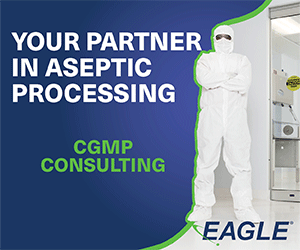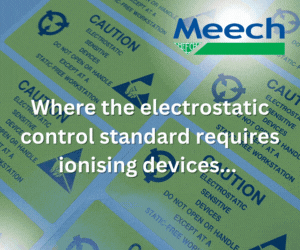Aereus Technologies, a manufacturer that uses a proprietary copper alloy process, announced today that data from a year-long pilot study at Vancouver General Hospital demonstrated a "statistically significant reduction of microbial bioburden on copper surfaces versus non-copper surfaces". These results were presented at the Canadian Healthcare Engineering Society (CHES) National Conference in Niagara Falls, Ontario.
The pilot study involved weekly sampling of seven high-touch copper surfaces in re-engineered bone marrow transplant patient rooms.
The results saw an overall 89.90% reduction in microbial bioburden on the seven high-touch copper surfaces located in rooms which also contained no touch fixtures and automated UVC light in the bathrooms.
Dr Elizabeth Bryce, MD FRCPC, discussed the major findings in a presentation entitled "Re-Engineering Today's Hospitals to Prevent Infections Tomorrow" at the conference.
Key bacteria of interest in the study included Staphylococcus aureus (methicillin sensitive and resistant), enterococcus (vancomycin sensitive and resistant), Pseudomonas aeruginosa, E. coli, Aspergillus species and C. difficile. Aereus Technologies provided the bathroom sinks and toilet seats for the pilot study; these surfaces achieved an impressive 96.07% and 98.72% reduction in microbial bioburden, respectively.
David Anonychuk, Managing Director of Toronto-based Aereus Technologies, said: "The pilot study results proved what we already knew, that copper is the most efficient antibacterial metal surface in the world. Aereus possesses a globally exclusive technology that is unrivalled in our ability to coat nearly any surface. Aereus' copper alloy sink and toilet seat performed incredibly well, demonstrating a dramatic reduction in bacteria in the built environment. We anticipate healthcare facilities will recognise the benefits that patients experience by implementing our simple and innovative technology. Copper should be part of every engineered solution in healthcare."
The study was managed, in part, by the Coalition for Healthcare Acquired Infection Reduction (CHAIR), which is a non-profit industry group. The stated goal of CHAIR is to reduce healthcare acquired infections (HAIs) by 80% by 2024.
"In an effort to protect patients in healthcare facilities we have been too slow to react and are heavily reliant on randomized clinical trials, which can last 10 to 15 years to complete. While these trials go on, patients continue to suffer," said Richard Dixon, Deputy Chairman of CHAIR Canada. "An approach that prioritizes risk management should instead be implemented. If we look to the most effective and simple solutions for eliminating bacteria, the recent study at Vancouver General Hospital indicates that having high-touch surfaces made of copper are a viable solution to a major problem for hospitals and patients."
Aereus Technologies produces an ultra-thin copper alloy that can be applied to plastic, metal and wood surfaces.




